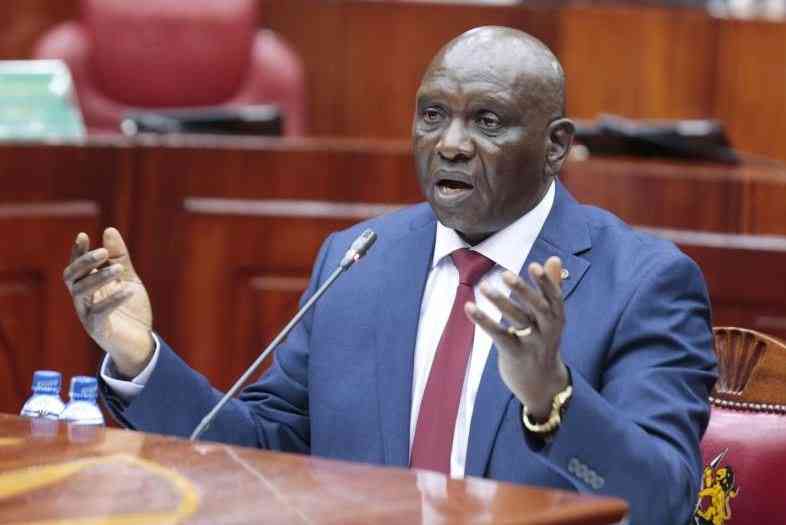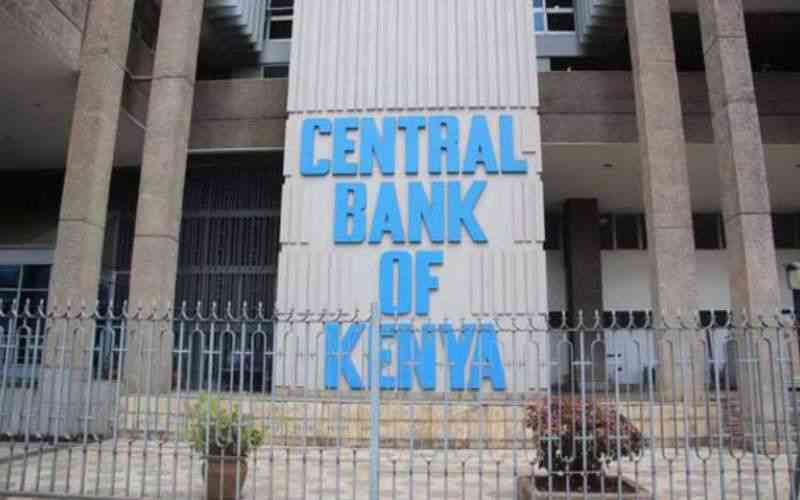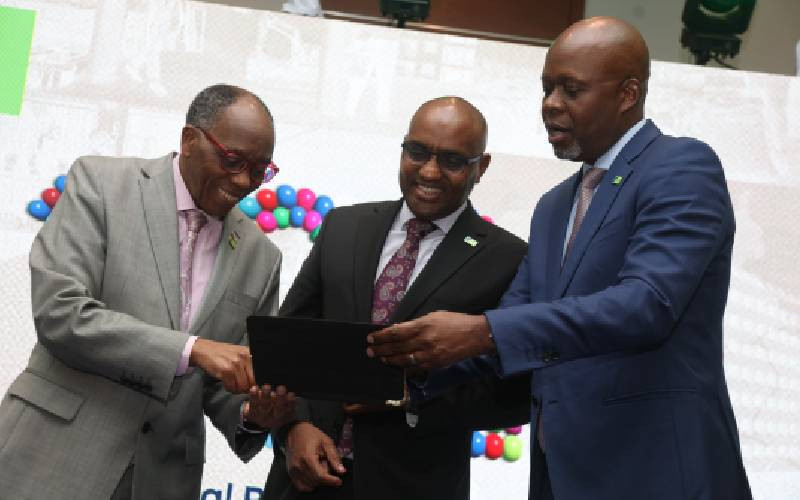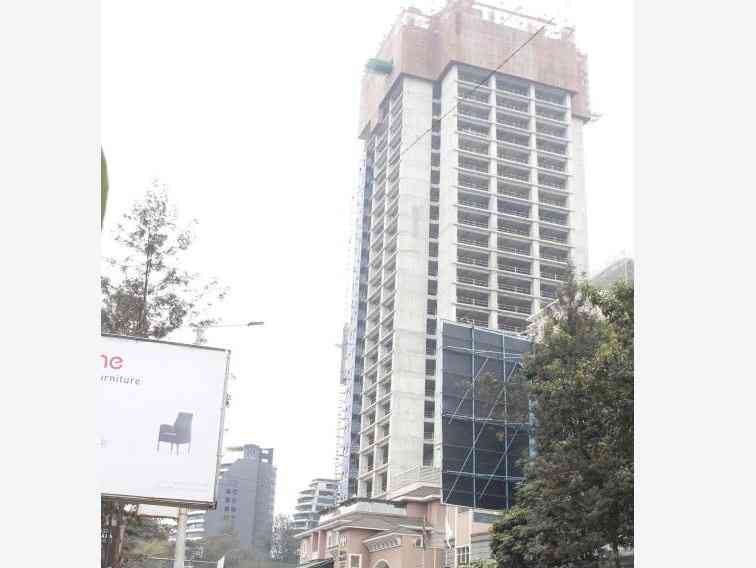
The tug of war between the Inspector General of Police Douglas Kanja and the National Police Service Commission (NPSC) over who should manage the payroll has spilt into court.
The IG has also been separately sued for failing to crack the whip on police officers involved in either maiming or killing protesters.
The IG has been sued before the High Court, accused of taking over a role not within his powers. The payroll case was filed by Sheria Mtaani and Shadrack Wambui, while Sebastian Ochieng, Janet Mbithe, Job Omondi, Macharia Kanja and Michael Okuto filed the case to hold the IG and NPSC to account for atrocities committed by the police.
According to Sheria Mtaani, payroll management is part of NPSC’s human resource mandate; hence, the commission has the right to determine how much police earn in remuneration and benefits. “The public confrontation between these two constitutional offices has caused uncertainty, disruption, and potential violations affecting governance of the National Police Service and poses a national security risk,” argued lawyer Wambui.
He said there is nowhere in law the IG is vested with powers to manage the payroll or extend his independence to the commission. “To allow the Inspector General hoard or control payroll would place a constitutionally independent function under the control of an office that is, by design, subject to different constitutional constraints,” he said.
He added that the drafters of the law needed an independent body from the police ranking system to ensure fairness. He asserted that there is a risk of an office holder to decide whom to promote, remove from office or demote if allowed to operate unilaterally. Sheria Mataani wants the court to find the IG’s operational independence does not extend to payroll management. At the same time, the lobby is seeking a declaration that the NPSC has powers to recruit, appoint, promote, transfer and discipline police officers.
On the other hand, the court heard that both Kanja and NPSC went quiet despite there being evidence of Kenyans being killed and maimed by police officers.
The group led by Ochieng, argued that there were officers who were engaged in abductions but are still in the service. According to the petitioners, there were at least 80 youths killed by police, and multiple others disappeared in the hands of the officers.
“There is credible evidence of gross human rights violations, including enforced disappearances, abductions, and extrajudicial killing of Kenyan youths throughout that period for merely exercising their constitutional right as provided by Article 37,” they argued.
Those sued are Kanja, his two deputies — Eliud Lagat and Gilbert Masengeli — the Director of Criminal Investigations (DCI) and the Attorney General.
They were accused of failure to act and stop, prevent killings and injuries to Kenyans by the police officers and others by goons during the protests of June 2024 and June 2025, failure to prevent and stop abductions and enforced disappearances, failure to investigate and to cooperate with statutory oversight bodies such as IPOA or KNCHR.
The petitioners want the court to find that the police bosses have violated the law for failing to account for their juniors’ conduct. At the same time, they are asking the court to force the police bosses to personally pay the victims of police brutality, abductions and injuries.
“The victims and families of those who were abducted, forced to disappear and extra judicially killed from June 2024 to date be compensated by the state and the sum be recovered from the 1st-4th respondents jointly and severally,” the case filed by Kebris Law Advocates, reads in part.
Stay informed. Subscribe to our newsletter







